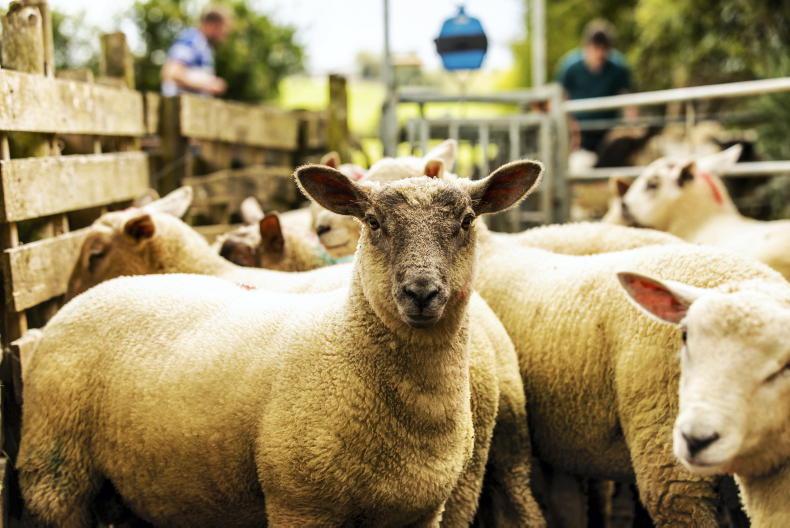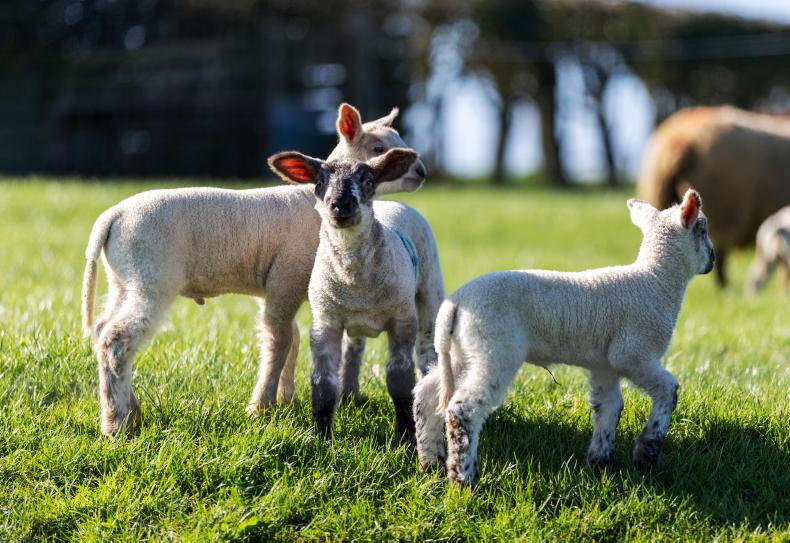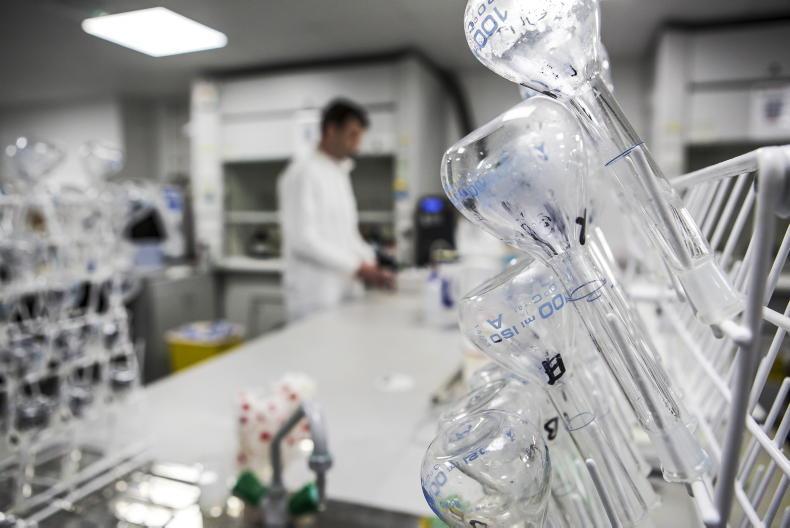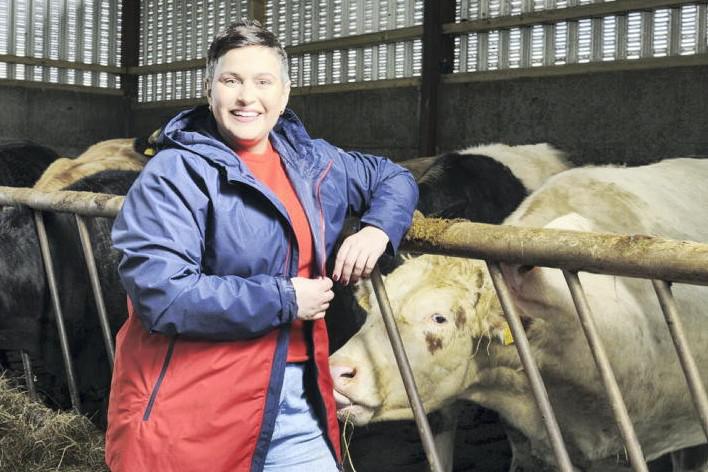CAP measures have improved animal welfare in some regional, enterprise-specific cases but have failed to effect a “significant” change overall, a study has found.
The study published by the European Commission’s DG AGRI suggested that trends towards year-round housing livestock production systems may increase the risk of poorer animal welfare across the EU and recognised the benefits of outdoor grazing systems to animal welfare.
Ensuring adequate space for animals, the correct management of manures and the provision of enriching materials were considered to be factors important for animal welfare in confined systems.
Management of the animal’s microclimate and indoor lighting were also reported as being “crucial” to animal welfare in these systems.
The study also found that appropriate feeding, providing shelter from adverse weather and the control of parasites were important considerations for maintaining good animal welfare in outdoor production systems.
Improvements in some areas
The requirements set out at an EU level under cross-compliance were said to have improved animal welfare, especially in regions and member states which had not become fully compliant with EU directives on welfare.
Many intensive systems, such as pig and poultry units, are not in receipt of direct payments and do not have the deterrent of CAP payment cuts should animal welfare requirements under cross-compliance fail to be met, the study found.
Some measures supported under the CAP in member states that had been identified in the study as improving animal welfare include supporting the switch to more robust breeds, incentivising grazing and improving animal housing facilities.
Economic returns
It was stated in the report that higher animal welfare standards and lower anti-microbial usage do not necessarily result in higher selling prices or “suitable” economic returns for farmers.
Organic farming was mentioned as a “good example of suitable economic return” for higher standards, as higher costs of production can be offset by better sales’ values for farmers.
The study also noted that although a high level of anti-microbial usage is associated with poor animal welfare, welfare can suffer should animals fail to receive medicines necessary to relieve pain and suffering.









SHARING OPTIONS